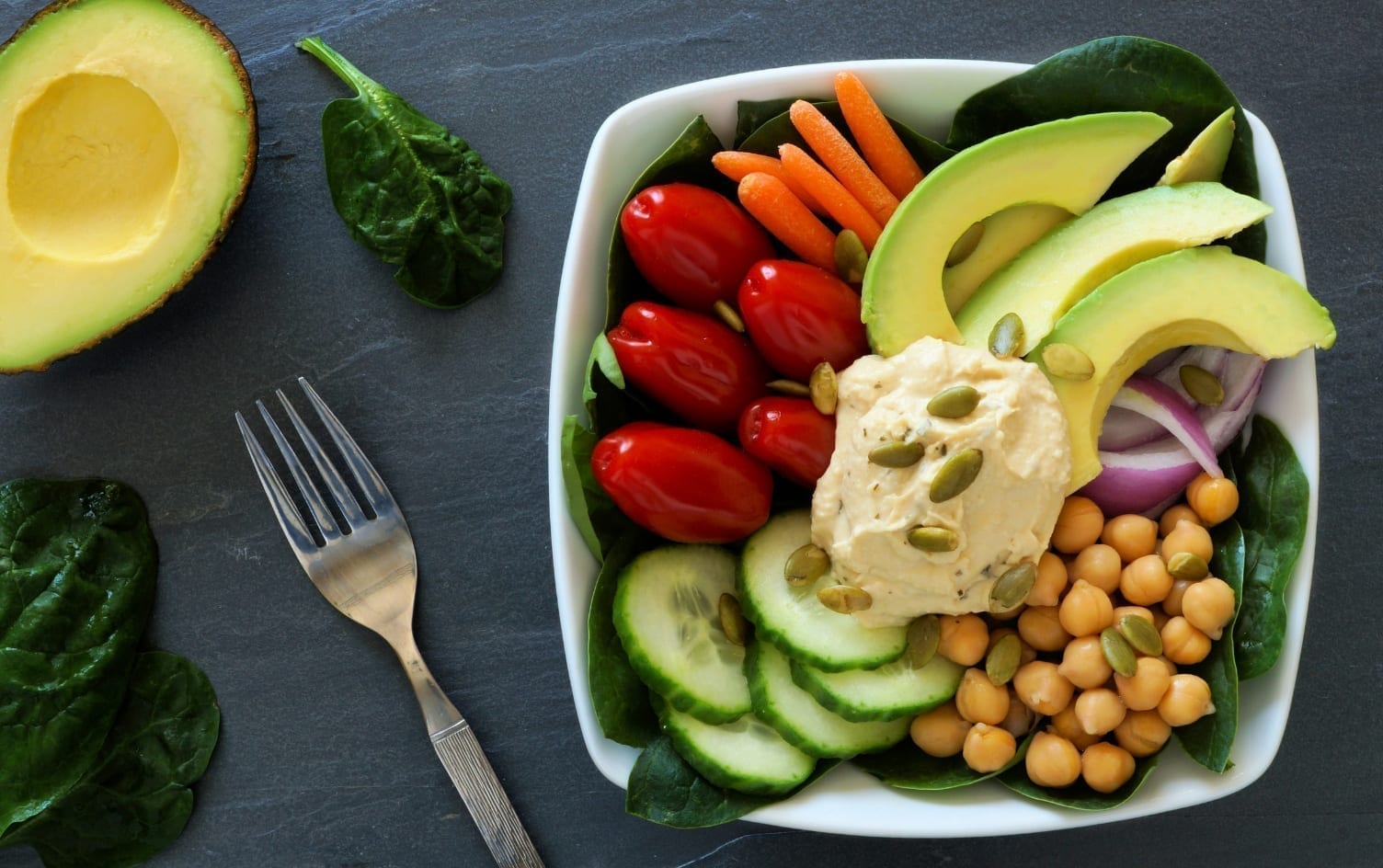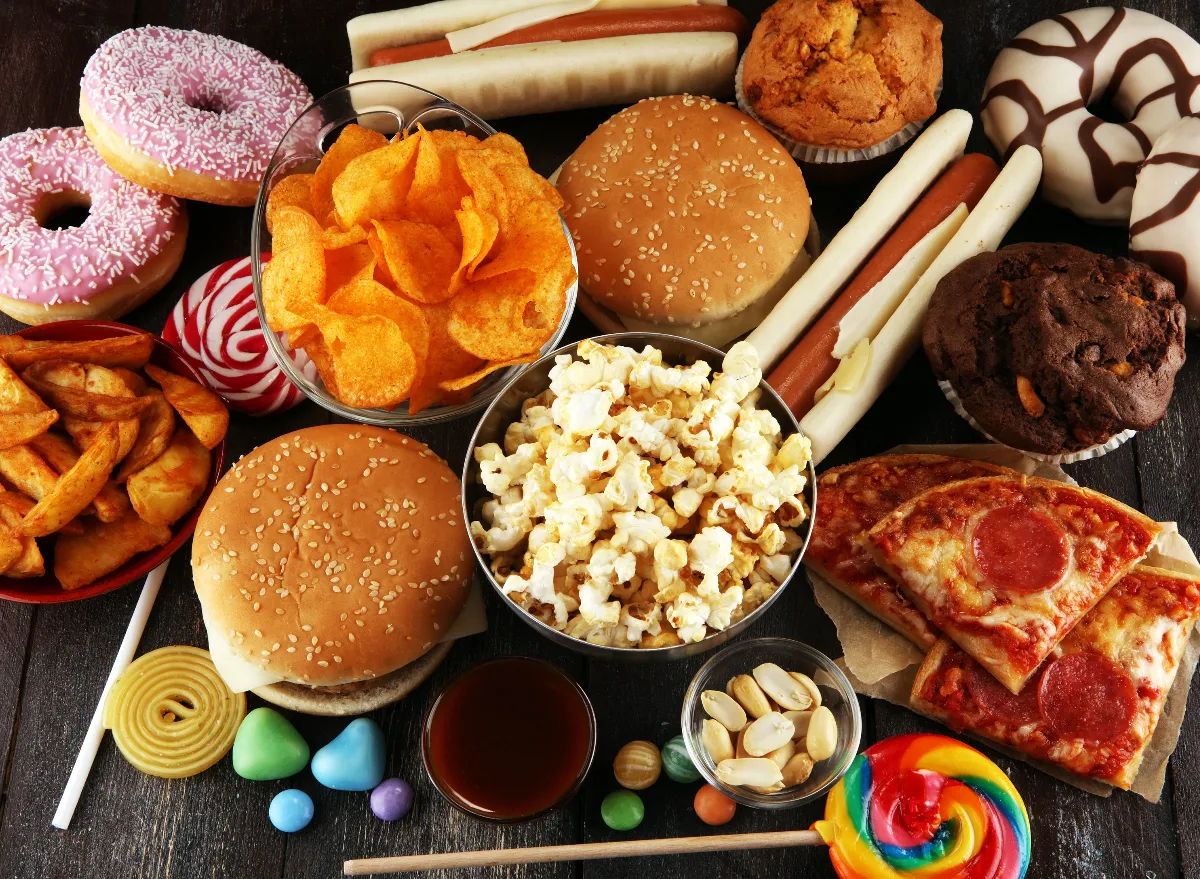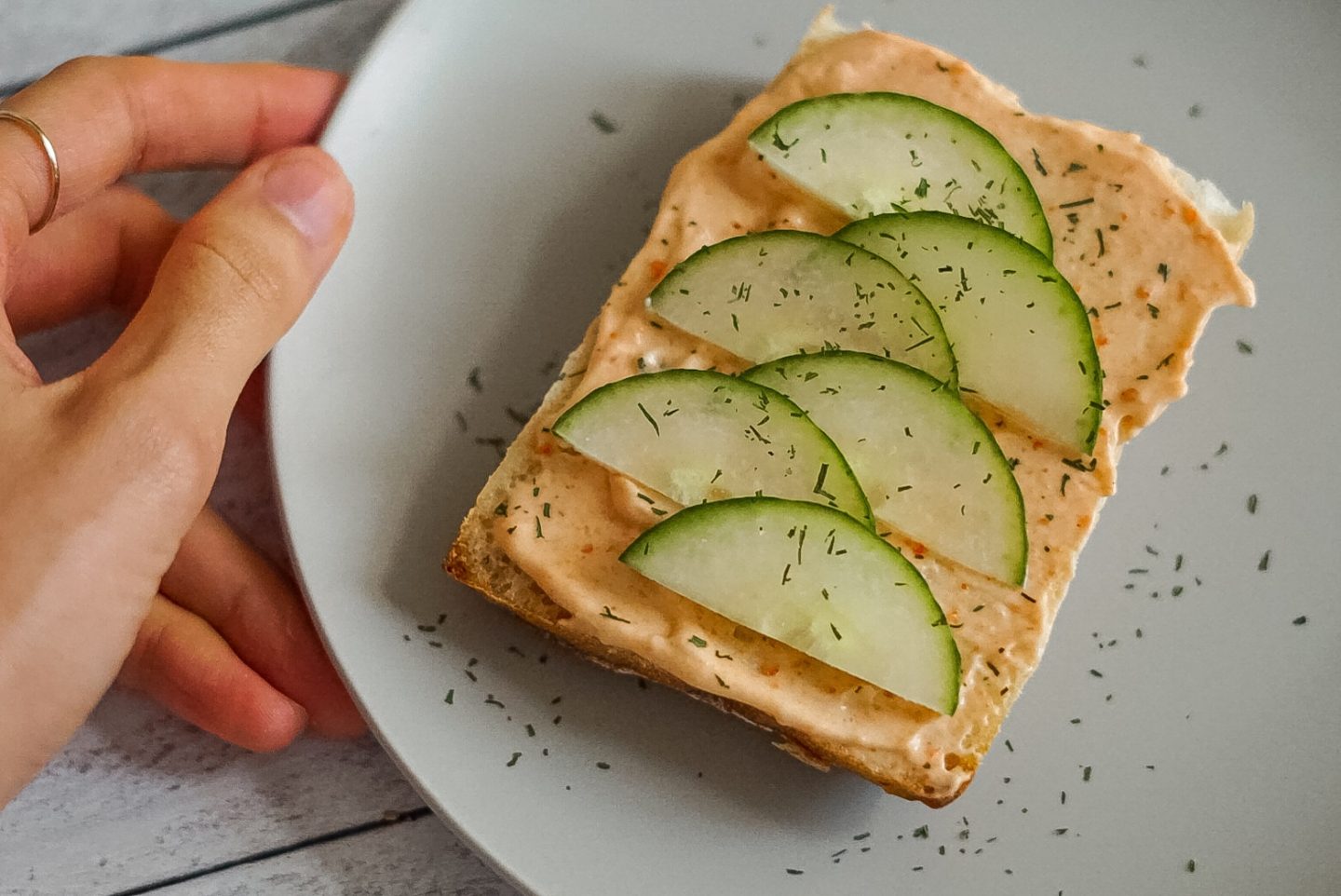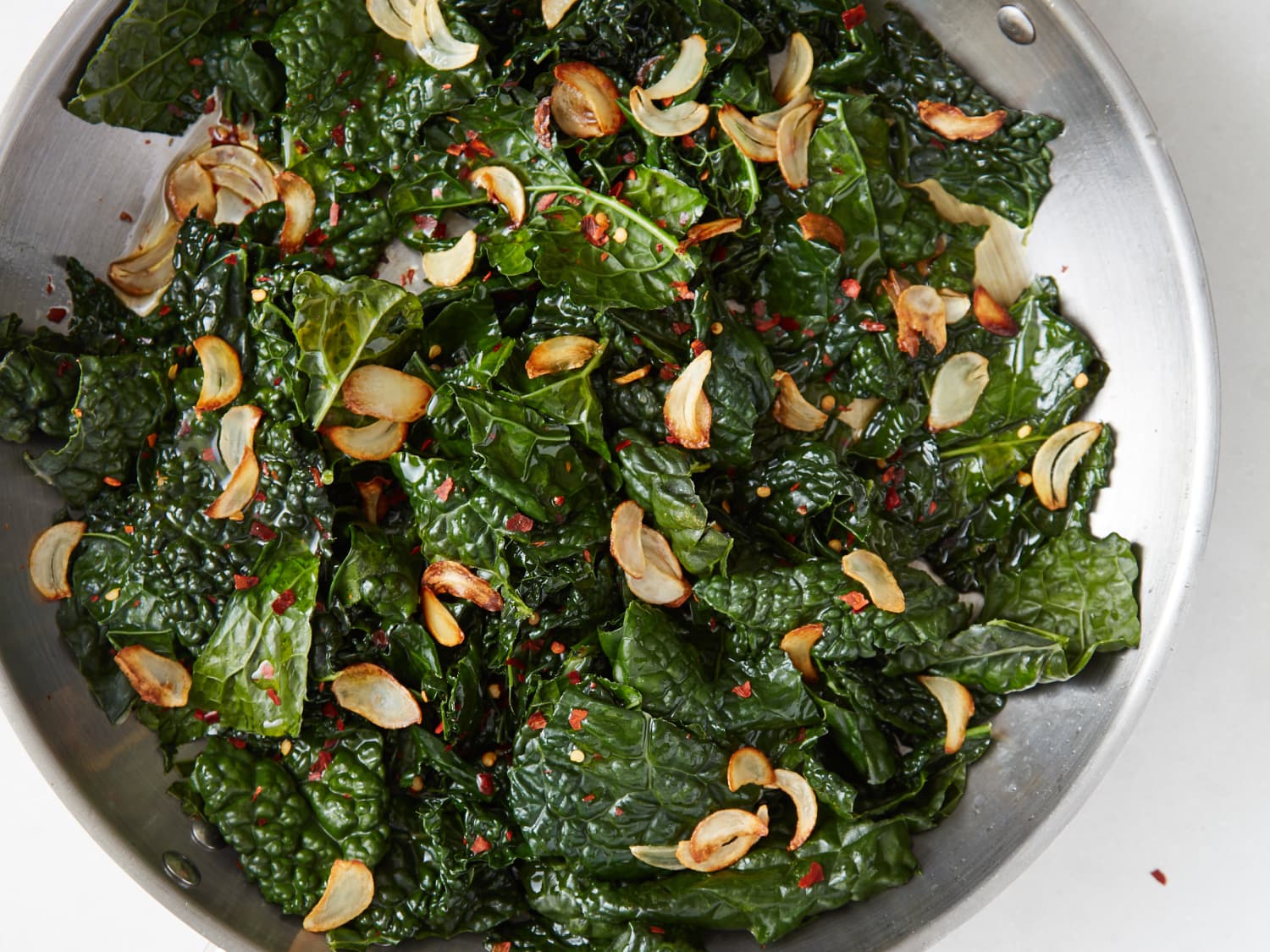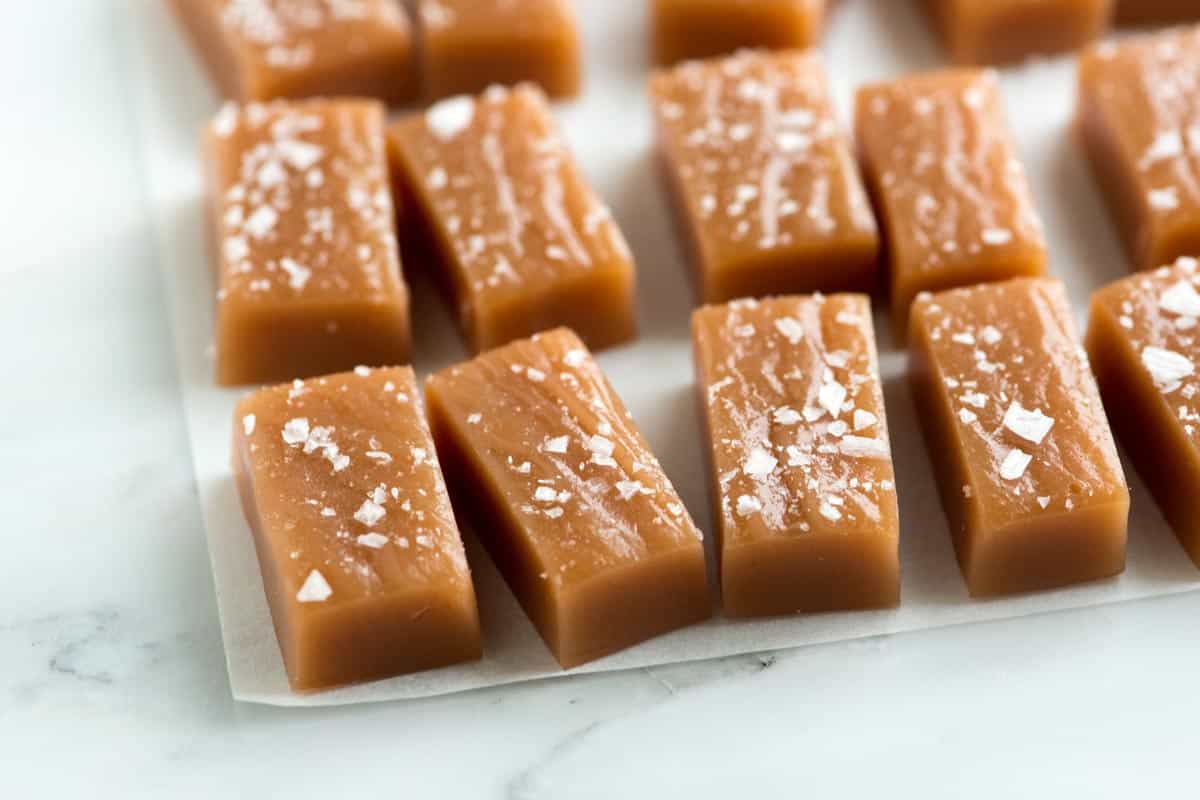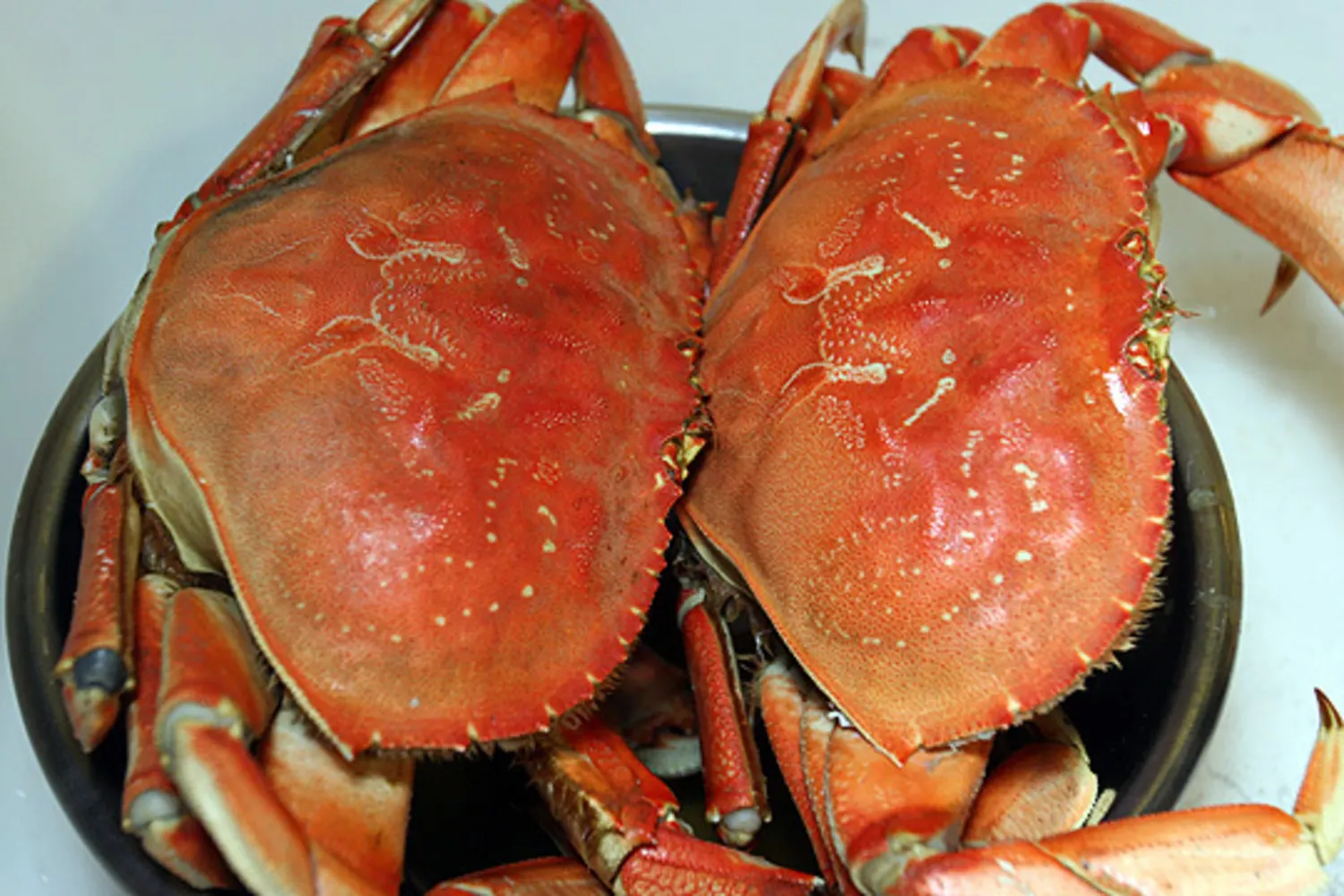How to Break Your Three-Day Biblical Fast
Congratulations on completing your three-day biblical fast! Now that you have successfully completed this spiritual journey, it’s important to approach the re-introduction of food with care and mindfulness. Breaking a fast requires a gentle and deliberate approach to avoid overwhelming your system. Here are some tips on how to ease back into eating after completing a three-day biblical fast:
Hydrate Your Body
Before you even think about food, it’s crucial to rehydrate your body. During the fast, your body may have lost a significant amount of water, so start by drinking plenty of water to replenish your system. You can also include herbal teas or diluted fruit juices to provide essential hydration.
Start with Light, Easily Digestible Foods
After a prolonged period of fasting, your digestive system needs time to readjust. Begin by introducing light, easily digestible foods such as clear broths, vegetable soups, or fruit smoothies. These foods will provide essential nutrients without overwhelming your stomach.
Include Probiotic-Rich Foods
During the fast, your gut microbiome may have undergone changes. Including probiotic-rich foods such as yogurt, kefir, or fermented vegetables can help restore the balance of healthy bacteria in your digestive system.
Avoid Overeating
It can be tempting to indulge in a large meal after completing a fast, but it’s important to resist this urge. Overeating can lead to discomfort and digestive issues. Instead, opt for small, frequent meals to allow your body to adjust gradually.
Focus on Nutrient-Dense Foods
As you reintroduce solid foods, prioritize nutrient-dense options such as leafy greens, lean proteins, and whole grains. These foods will provide essential vitamins and minerals to support your body’s recovery.
Listen to Your Body
Pay attention to how your body responds to different foods. After a fast, your body’s sensitivity to certain foods may change. Be mindful of any discomfort or digestive issues and adjust your food choices accordingly.
Be Gentle with Yourself
Breaking a fast is a personal and spiritual experience. Be gentle with yourself as you transition back to regular eating. Take the time to savor each bite and express gratitude for the nourishment you are receiving.
Remember, the way you break your fast is just as important as the fast itself. By approaching the re-introduction of food with mindfulness and care, you can support your body in transitioning back to regular eating while honoring the spiritual journey you have completed.
May your post-fast meals be filled with nourishment, gratitude, and peace.
